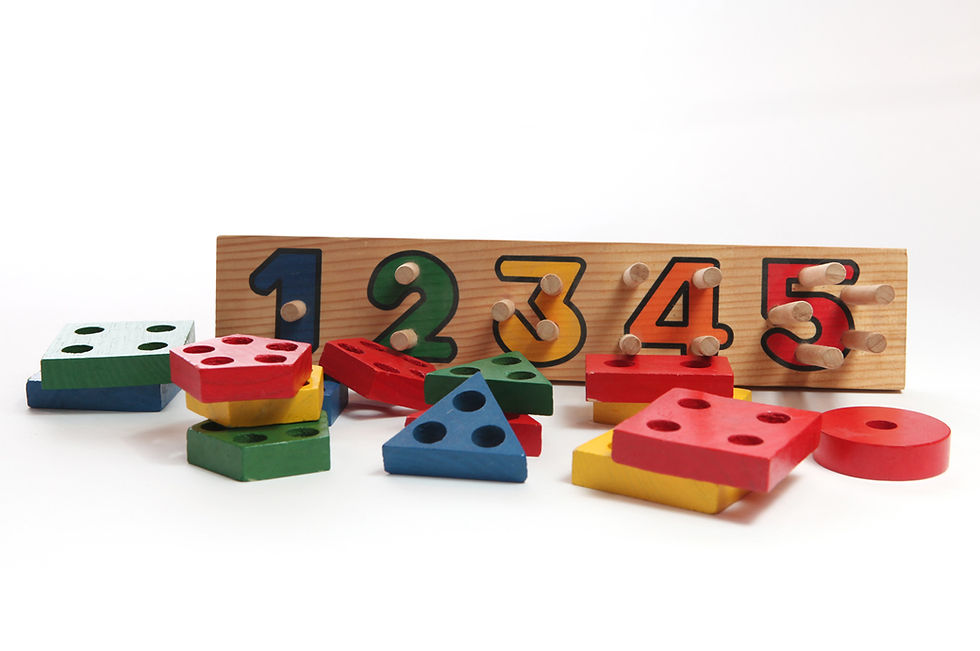Request a free 15 minute consultation




Our Mission:
New Millennium Childcare & Language Development Center, Inc. uses both the traditional and functional approach to teaching. We strive to provide a safe and nurturing environment for the child to grow and develop their full potential. Therefore, we offer a coordinated and progressive program of services, which is responsive to the needs of individual children. A unique feature of the program is that children are encouraged to explore, interact, and communicate!
"He who gives the diameter of your knowledge prescribes the circumference of your activity" -THMLF
Program Focus:
Expressive Language
Expressive Language is most simply the “output” of language and how a child expresses his or her wants and needs. This includes not only words, but also grammar rules that dictate how words are combined into phrases and sentences, as well as the use of gestures and facial expressions. Many times preschoolers may have difficulty producing specific words to communicate appropriately.
Receptive Language
Receptive Language is the ability to understand language “input”. This includes the understanding of both words and gestures. Receptive language goes beyond vocabulary skills, such as the ability to interpret a question, the ability to understand concepts like “in, on,” or accurately interpreting complex grammatical forms. In some cases children may need early intervention strategies to build this skill.
Brain Power Development
Spending time with your child will help them grow socially and they will feel content and ecstatic to learn. If you read to them with picture books, that helps their brain associate words with pictures and therefore it speeds up the learning process. For children, images speak louder than words and the brain remembers pictures more than it will remember a word in a book. Spending ample quality time by reading or playing with numbers as much as possible will help the brain develop an appropriate amount of connections that are necessary for cells to communicate with each other to help the brain make even more connections. The more the child experiences, the more he or she will communicate and the more the cells will connect. By the time a child reaches the age of three, they have twice the number of connections within the brain as the average adult does. The way in which the brain learns something during the preschool years is different from how an adult brain would learn. The brain has the most plasticity at the preschool age and therefore it is important that preschoolers be provided with as much mental stimulation as possible at this age.
Critical Thinking Skills
Young children need a wide range of concrete experiences, such as a visit to the farm, in order to interact with their environment in meaningful ways. This background knowledge helps them understand concepts of their world. These real experiences helps them discover new ways to represent objects, such as the blocks and paper shapes for the buildings, and as they think abstractly they will learn to make mental pictures in their minds that they can refer to as they make their representations.
Creativity
Encouraging creativity skills through structured and unstructured playtime, arts and crafts allow children to tap into their creative minds.
Pragmatics (Social Language Skills)
We desire to teach children how to act in socially acceptable ways such as greetings, turn-taking and how to engage appropriately with others.

Hours of Operation
Monday - Friday
6:00 A.M. to 6:30 P.M.
Open during all holidays with the exception of Thanksgiving, Christmas and New Year's Day.

Services Included:
-
Meals
-
Summer camp available to children 13 and under

2115 New Road
Linwood, NJ 08221
Tel: (609) 904-2488
Cell: (609) 816-3309
Fax: (609) 904-2290
Jacqueline D. Johnson, Founder
Credentials and Certifications
-
30 years experience in early childhood
-
Primary Degree Speech-Language Pathology & Audiology
-
Certified Interactive Metronome Trainer
-
Developmental Interventionist (Early Intervention)
-
Certified in First Aid/CPR
-
FM System Experience
-
Training in Applied Behavioral Analysis Therapy (ABA)
-
Childcare Development Specialist
-
Certified Division of Food & Nutrition Child and Adult Care Food Program (CACFPP)
Contact Information




